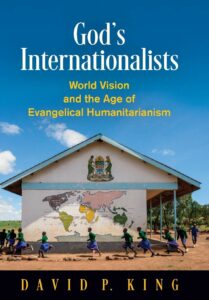 World Vision and the Age of Evangelical Humanitarianism
World Vision and the Age of Evangelical Humanitarianism
God’s Internationalists, by David P. King, is the first comprehensive study of World Vision—in fact, it is the first study of any such religious humanitarian agency. World Vision is the largest Christian humanitarian organization in the world, and was founded by evangelist Bob Pierce. Although it was originally a small missionary agency, the most recent World Vision U.S. presidents move with ease between megachurches, the boardrooms of Fortune 500 companies, and the corridors of Capitol Hill.
Though World Vision has remained decidedly Christian, it has also earned the reputation as an elite international nongovernmental organization. King chronicles the organization’s transformation from 1950 to the present as a way to to explore shifts within post-World War II American evangelicalism as well as the complexities of faith-based humanitarianism. King’s pairing of American evangelicals’ interactions abroad with their own evolving identity at home reframes the traditional narrative of modern American evangelicalism while also providing the historical context for the current explosion of evangelical interest in global social engagement.
Reviews and endorsements of the publication include:
“God’s Internationalists is a fascinating new narrative about American evangelicals and politics in the 20th century . . . [T]his is an important book that complicates our understanding of how evangelicals came to see social issues as a key part of their Christian witness.”—Christianity Today
“David P. King constructively upends long-standing narratives of modern evangelicalism’s development in the twentieth century that tend to emphasize its politicization on American soil. Offering a refreshingly nuanced reading of World Vision, he uses the organization’s history to illustrate how modern evangelicalism’s work abroad unfolded independently of domestic political developments dictated by the Religious Right. Along the way, he raises intriguing and important claims about the nature of church-state relations, secularization, and religion and public life in contemporary America.”—Darren Dochuk, University of Notre Dame
For more information on the publication, click here.
Fellow travelers are scholars, activists, and practitioners that embody the ideals and commitments of the Project on Lived Theology. We admire their work and are grateful to be walking alongside them in the development and dissemination of Lived Theology.

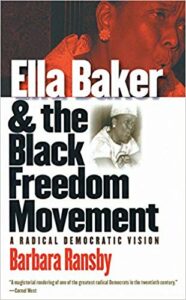 A Radical Democratic Vision
A Radical Democratic Vision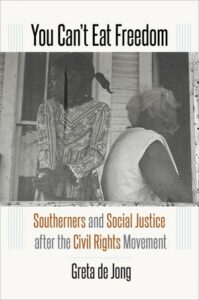
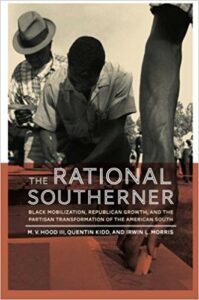
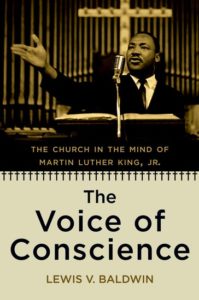
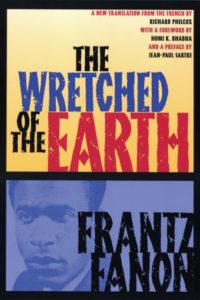
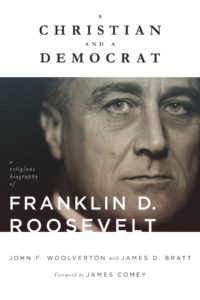
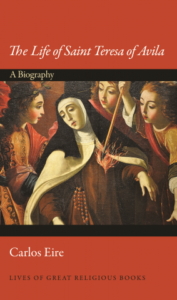
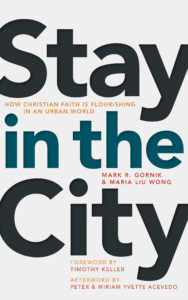 How Christian Faith Is Flourishing in an Urban World
How Christian Faith Is Flourishing in an Urban World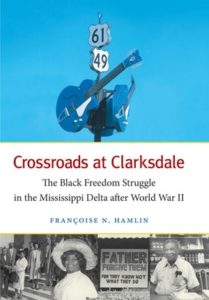 The Black Freedom Struggle in the Mississippi Delta after World War II
The Black Freedom Struggle in the Mississippi Delta after World War II